Advice for Local Residents
Purpose:
To advise local residents on what to do where the activities at licensed premises are causing a problem.
A premises licence is required to authorise:
- The sale or supply of alcohol,
- Regulated entertainment (music, dancing, film, theatre, indoor sport, boxing and wrestling), and
- The sale of hot food and/or hot drinks between 23.00hrs and 05.00hrs.
Local residents can request that their licensing authority review a premises licence where activities at licensed premises are undermining one or more of the licensing objectives; the objectives are:
- the prevention of crime and disorder,
- public safety,
- the prevention of public nuisance, and
- the protection of children from harm.
It is worth considering other options before requesting a review of a licence, including:
- Talking to those who manage the premises to let them know about the problem and give them the opportunity to address the issues,
- Asking the licensing department at your council to talk to those who manage the premises on your behalf, or
- Talking to the relevant “responsible authority” (e.g. local authority exercising environmental health functions in relation to noise nuisance, or the police in relation to crime and disorder) about the problem.
If you request a review of the premises licence, you are required to notify the holder of the premises licence or club premises certificate and the “responsible authorities”, by sending them a copy of the request, together with any accompanying documents, on the same day as the request is given to the licensing authority. The licensing authority will advertise the review to enable others (responsible authorities or other persons) to comment on it.
Responsible authorities have the option, if they wish, to comment on your application for review.
Responsible authorities include the following, for the area in which the premises are situated:
- The chief officer of police,
- The fire and rescue authority,
- The health and safety authority,
- The local planning authority,
- The environmental health authority,
- The body recognised as being responsible for protection of children from harm,
- Inspectors of Weights and Measures (trading standards officers),
- In respect of vessels only –(i) the relevant navigation authority / authorities for the place(s) where the vessel is usually moored or berthed or any waters where it is proposed to be navigated at a time when it is used for licensable activities, (ii) the Environment Agency; (iii) the British Waterways Board; or (iv) The Maritime and Coastguard Agency.,
- The relevant licensing authority and any other licensing authority in whose area part of the premises is situated, and
- Each Primary Care Trust or Local Health Board for any area in which the premises are situated.
The licensing authority for the area in which the premises are situated will be able to confirm who the responsible authorities are in each case.
A licensing authority must act on requests for review unless they consider the request to be irrelevant, repetitive, frivolous or vexatious. Frivolous representations would concern minor issues which the licensing authority could not reasonably be required to take any action to remedy. Representations may be considered vexatious if they appear to be intended to cause aggravation or annoyance without reasonable cause.
The licensing authority will advertise the fact that a request for review of the licence has been received, and allow a period of 28 days for other persons to make representations to it (such representations can be for or against the activities at the premises in question).
After the period for making representations has expired, the licensing authority will hold a hearing to consider the request unless the request for review has been withdrawn. The request will in most cases be considered by the licensing sub‐committee who will hear representations from all parties involved.
The licensing authority will invite you to attend the hearing and give you the opportunity to address the licensing sub‐committee in support of your request for review.
You must then give the authority at least 5 working days notice (prior to the start of the hearing), advising:
- If you will attend the hearing in person,
- Whether you will be represented by someone else (e.g. councillor / MP / lawyer / residents’ association representative / friend),
- If you think that a hearing is unnecessary (if, for example, the parties have come to an agreement before the formal hearing), or
- You may also request permission for another person to attend the hearing, and must advise the licensing authority how that person may be able to assist the authority in relation to the request for review
Once the sub‐committee has listened to and considered all views and evidence, it must decide what (if any) action is appropriate to promote the licensing objectives. Actions can include:
- No action,
- Modifying the conditions of the licence (change, add or remove conditions – including operating hours),
- Excluding a licensable activity from the licence,
- Removing the designated premises supervisor,
- Suspend the licence for a period (not exceeding 3 months), and
- Revoke the licence.
There is a right of appeal for all parties concerned with the request for review (i.e. the applicant for the review, the premises licence holder or any other person who made relevant representations in relation to the application). This means that you can appeal to the magistrates’ court if you are not happy with the decision of the licensing authority.
If you appeal against a licensing authority’s decision, and you are unsuccessful, the magistrates’ court can award costs against you if it sees fit. This would mean that you would have to pay other parties’ legal costs as well as your own. However, the
Magistrates’ Association and the Justices’ Clerks Society has advised that awarding costs for a licensing appeal should be an exception and not a rule, and any resident with reasonable grounds for appeal should not be penalised.
If the licence holder appeals against the licensing authority’s decision, the appeal will be heard by the magistrates’ court. The licensing authority will be the respondent to the appeal and may call you (and any other person or responsible authority) as a witness in support of its case.
The decision of the licensing authority in relation to the review will be suspended until the appeal is determined
Disclaimer
Nothing in this factsheet can be considered as legal advice. Independent legal advice should be sought in the event of queries, and advice and information can also be obtained from the local licensing authority.






